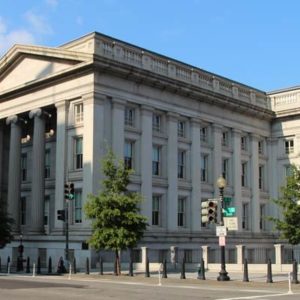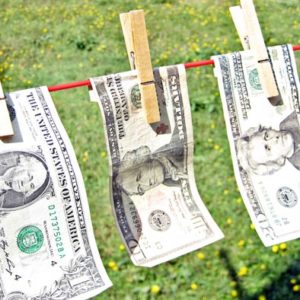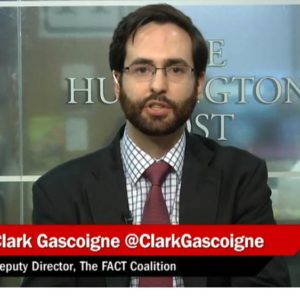Just the FACTs: August 5, 2016
It’s no secret, secret shell companies are dangerous. A report by FACT member Global Witness in early July showed us how these companies are being used to defraud the federal government and put our armed forces at risk. This week, a new report from another FACT member, Fair Share Education Fund, exposed connections to shell companies and the opioid epidemic. The report, “Anonymity Overdose”, explains how ending the use of anonymous shell companies could make it significantly harder to keep drug profits hidden from law enforcement.
Likewise, shell companies are often used to launder illicit money through real estate. A geographic targeting order from the Treasury Department began collecting information on high risk purchases in two of the biggest U.S. housing markets back in March. According to an article in The New York Times, more than a quarter of the all-cash luxury home purchases made using shell companies in Manhattan and Miami were flagged as suspicious. The Treasury Department will now expand the program to other major housing markets across the country.





